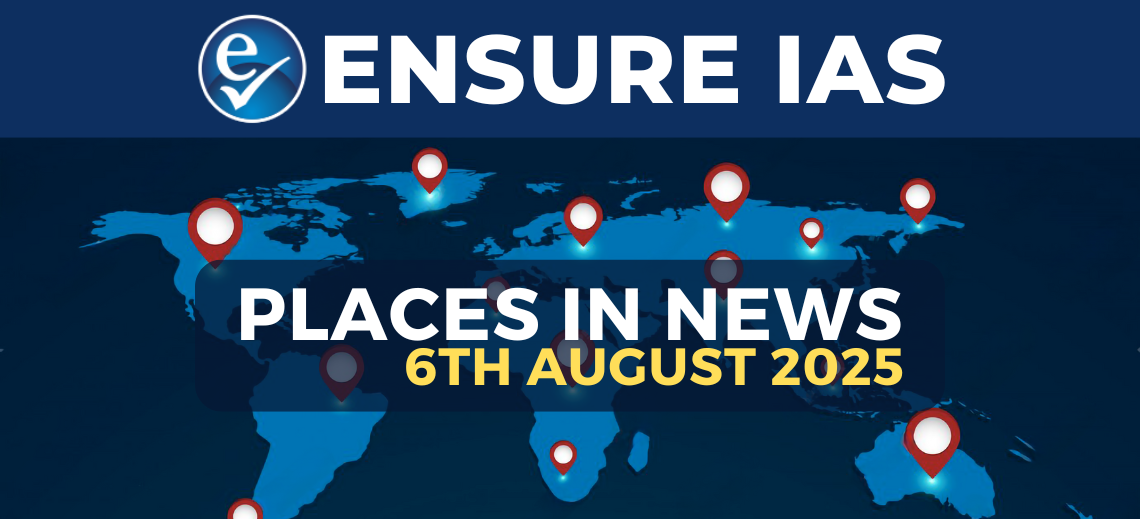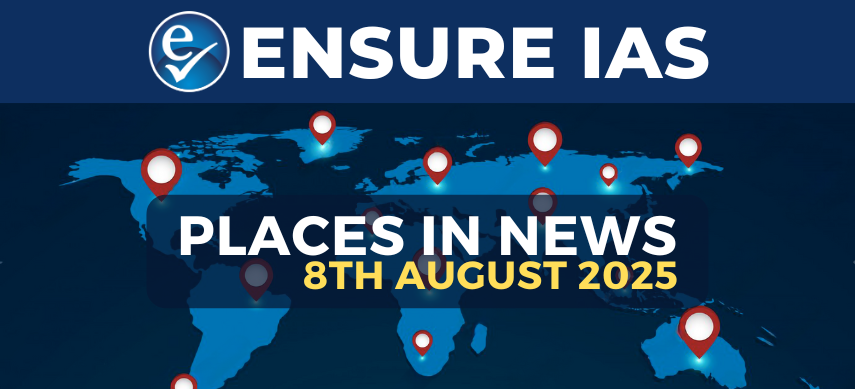Perception vs. Reality of IAS Difficulty
- The IAS exam (UPSC Civil Services Exam) is often labeled as the toughest exam in India due to its low success rate and vast syllabus.
- However, this perceived difficulty is largely influenced by stories of repeated failures and the competitive nature of the exam.
- Many candidates who are unsuccessful describe it as “impossible,” which contributes to a fear-based mindset around the exam.
- On the other hand, we have real-life examples of individuals who clear the IAS exam at the age of 21 or 22 in their first attempt, some of them even without coaching.
- These stories highlight a very important truth: with the right strategy, mindset, and consistency, the exam is highly crackable.
- The key is understanding that it’s not the exam that’s impossible—it’s the wrong approach that makes it feel that way.
- Students from non-IIT, non-English-medium, and rural backgrounds have achieved top ranks, proving that academic background does not determine success.
- The real challenge is not intelligence, but discipline, planning, and perseverance.
- If approached with smart study techniques, NCERT base, daily newspaper reading, and test series practice, the exam becomes a lot more manageable.
- Thus, the IAS exam is difficult for those who are directionless, and achievable for those who are strategic.
Understanding the IAS Exam Structure
- The exam comprises three stages:
- Prelims: Objective-type questions testing current affairs and basic concepts.
- Mains: Descriptive papers including GS, optional subject, essay, and language papers.
- Interview: A personality test assessing mental alertness, clarity of thought, and decision-making.
- The syllabus is vast, but not beyond comprehension.
- UPSC does not test memory or depth in one subject—it tests your breadth of understanding, clarity of expression, and balanced thinking.
- If you study smartly, you will realize that the same sources (NCERTs, standard books) cover most of the syllabus.
- UPSC rewards those who can think clearly, write analytically, and present a balanced viewpoint.
- Even the interview is not a test of facts—it’s a test of your personality and opinion-building.
- So, if you understand the structure well, your preparation becomes targeted, and the exam stops appearing mysterious.
- The real trick lies in decoding the pattern, internalizing the syllabus, and practicing answers as per UPSC demand.
Common Mistakes That Make the Exam Seem Hard
- Many aspirants fall into traps that inflate the difficulty of the exam:
- Following too many resources instead of focusing on core books.
- Avoiding answer writing and mock tests.
- Ignoring revision.
- Memorizing facts without understanding concepts.
- Studying for long hours but without a timetable.
- These mistakes lead to burnout, confusion, and loss of confidence.
- Some aspirants prepare for years without understanding the exam pattern or what UPSC expects.
- The myth that “only toppers or English-medium students can clear” also discourages many.
- Another big mistake is ignoring previous year questions (PYQs) and going blindly into the exam.
- Many aspirants also delay preparation waiting for the “right time”—which never comes.
- In truth, even 6–12 months of focused preparation is enough to crack the exam.
- So, the exam isn’t hard in itself—it’s the wrong method of preparation that makes it so.
Right Strategy Makes It Easier
- Success in UPSC is not about IQ—it’s about the right mindset, right material, and regular effort.
- Top rankers often follow a simple, consistent plan:
- Read NCERTs thoroughly.
- Refer to limited standard books (like Laxmikant for Polity, Spectrum for History).
- Read newspapers like The Hindu or Indian Express
- Join a test series and practice answer writing.
- Revise regularly and solve previous year papers.
- The focus should be on understanding rather than cramming.
- Making short notes and mind maps can help in revision.
- Also, choosing the right optional subject based on interest and material availability is important.
- Many aspirants succeed with self-study alone, provided they stay consistent.
- Avoiding distractions like overuse of social media, procrastination, and comparison also lightens the burden.
- In short, the right strategy converts a “tough exam” into an achievable challenge.
Success Stories that Break the Myth
- Every year, UPSC results highlight extraordinary stories:
- Students from humble backgrounds, remote villages, or government schools cracking the exam.
- Many working professionals clearing IAS with limited time.
- Aspirants who faced failures in boards or college exams but still made it to the top ranks.
- Some toppers have cleared without coaching or on their first attempt at age 21–22.
- These stories prove that the exam rewards determination, not just brilliance.
- For instance, Anu Kumari (AIR 2) cleared the exam with a child at home.
- Gaurav Kaushal, from a small town, cracked it after switching from a private job.
- Such examples show that IAS is not reserved for the elite—it is open to all who dream big and work smart.
- These stories should be treated not as exceptions, but as motivation.
- They also serve as evidence that with the right direction, anyone can achieve success in IAS.
Who Should Not Fear the Exam?
- Anyone willing to put in consistent effort for at least 6–12 months.
- Students who are open to learning from mistakes and adapting.
- Those with average or even poor academic backgrounds but a strong desire to improve.
- Candidates who are disciplined and self-motivated.
- Those who don’t get distracted by myths or naysayers.
- Students who enjoy reading newspapers, current affairs, and analysis.
- Aspirants who prefer understanding concepts over mugging up facts.
- People who are patient and emotionally balanced, as the process is long.
- Those who seek purpose and are inspired by public service.
- If you check any of these boxes, you should know that the IAS exam is tough but beatable.
FAQs: Is the IAS Exam Really Difficult?
- Is IAS the toughest exam in India?
It’s one of the toughest due to its vast syllabus and competition, but not impossible. - Can an average student crack IAS?
Yes, with the right approach and discipline, even average students can become IAS officers. - Is coaching necessary for clearing IAS?
No, many toppers clear the exam with self-study and online resources. - How much time is needed to crack UPSC?
8–12 months of dedicated preparation is often enough if done sincerely. - Is it possible to clear IAS in the first attempt?
Yes, many have done it. Smart planning and focused study help achieve that. - What makes IAS seem so difficult?
Wrong strategy, lack of guidance, and fear of failure. - Can working professionals crack IAS?
Yes, many working people have cleared it with proper time management. - Does background matter in UPSC?
Students from rural and regional backgrounds have also succeeded. - What is the real secret of cracking IAS?
Consistency, right resources, and smart revision.
- Are English-medium students at an advantage?
Not necessarily. The exam is neutral and many Hindi-medium students have topped. - Is UPSC preparation stressful?
It can be, but proper routine, breaks, and support systems help manage stress. - What if I fail in IAS?
The preparation still benefits your personality and opens other career options.





